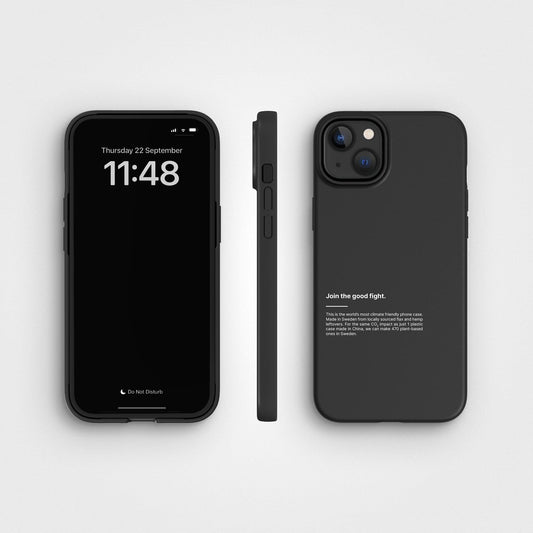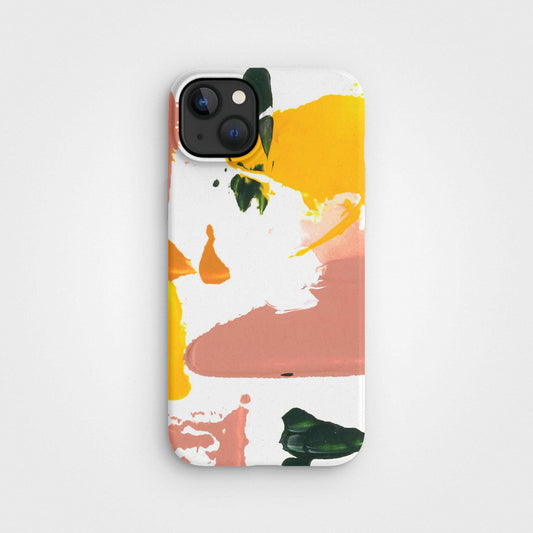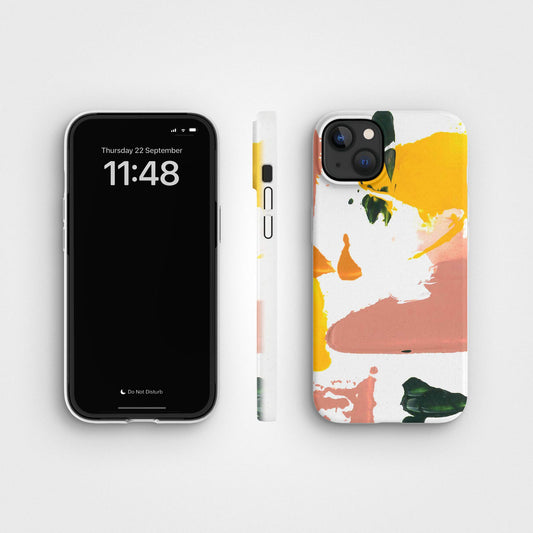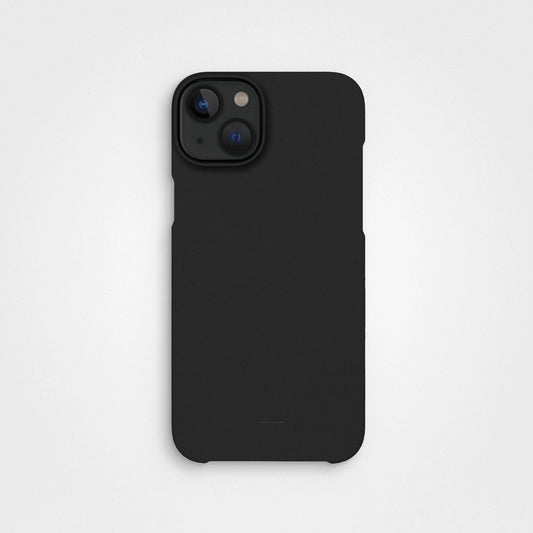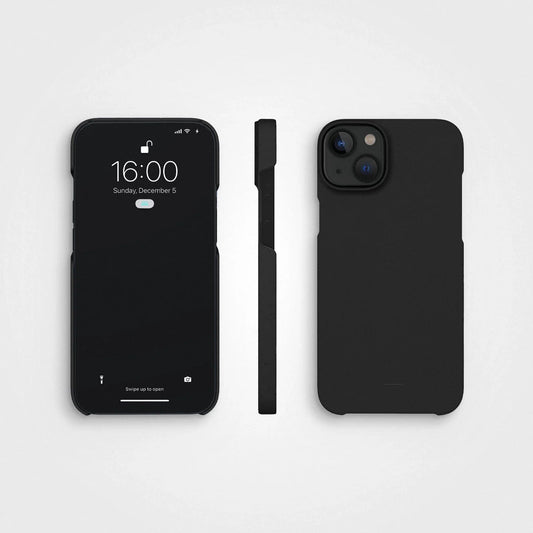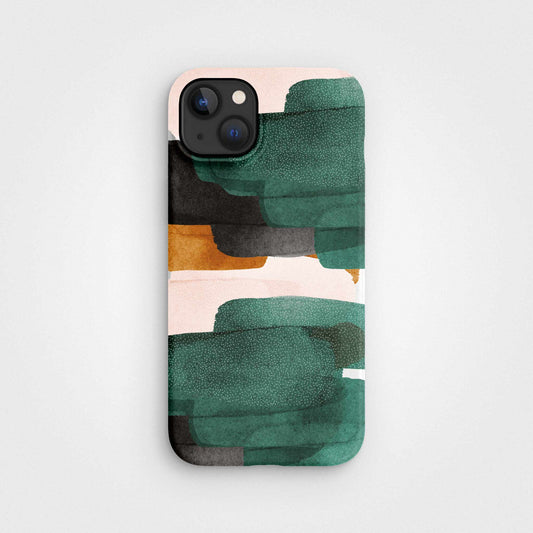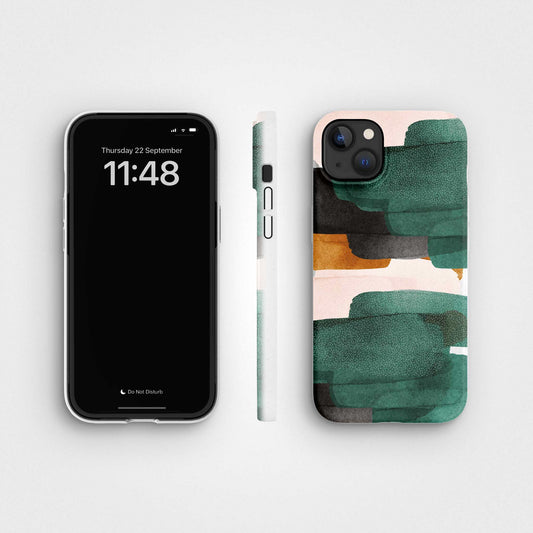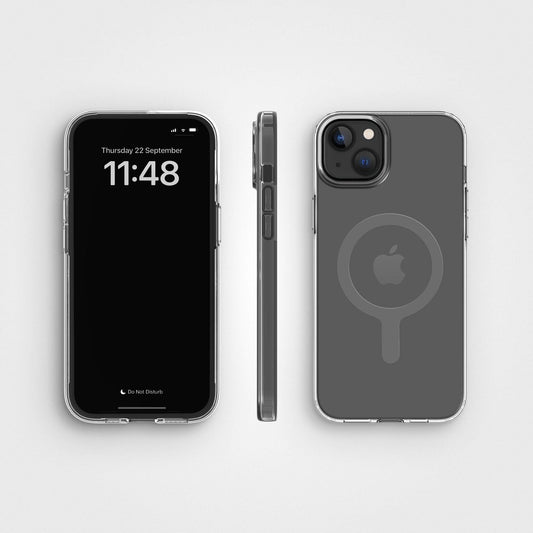Es klingt wie der Anfang eines Jerry-Seinfeld-Witzes, ist aber eine interessante Frage. Da es sich bei einem unserer Produkte um einen guten Klebestift handelt, dachten wir, wir sollten darauf antworten.
Die kurze Antwort auf die Frage, warum der Kleber nicht an der Tube haftet, ist, dass er so konzipiert ist. Denk darüber nach. Ein Klebestift, der an der Innenseite der Tube klebt, wäre ziemlich nutzlos – man könnte damit nicht zwei Dinge zusammenkleben und wir wären kein sehr gutes Unternehmen, wenn wir ein so schlechtes Produkt verkaufen würden.

Die lange Antwort ist, dass Klebstoffe, wie der, den wir für unseren Klebestift entwickelt haben, so konzipiert sind, dass sie wirken, wenn sie verwendet werden, und nicht, bevor sie gebraucht werden. Haben Sie jemals einen Science-Fiction-Film gesehen, in dem ein Raumschiff sein Ziel erreicht und die Besatzung aus dem Hyperschlaf erwacht und ihren Geschäften nachgeht – normalerweise kurz bevor sie von einem Außerirdischen verschlungen wird? Mit Ausnahme des Teils über den Außerirdischen ist es beim Kleben genauso.
Das Ding, das den Kleber im Hyperschlaf hält, wird Lösungsmittel genannt.
Was ist ein Lösungsmittel?
Ein Lösungsmittel ist eine Substanz, die einen gelösten Stoff (eine chemisch unterschiedliche Flüssigkeit, einen Feststoff oder ein Gas) auflöst und so eine Lösung ergibt. Meerwasser ist eine Lösung aus verschiedenen Salzen (dem gelösten Stoff) und Wasser (dem Lösungsmittel).
Nehmen wir an, Sie sind eines Tages an den Strand gegangen und haben eine Flasche Meerwasser gefüllt. Wenn die Flasche verschlossen ist, kann das Wasser nicht verdunsten. Wenn Sie den Verschluss abnehmen und die Salzwasserflasche in der Sonne stehen lassen, verdunstet das Wasser irgendwann und hinterlässt das Salz, das zuvor in Lösung eingeschlossen war.
Der Kleber in unserem Klebestift funktioniert auf die gleiche Weise. Der Behälter bindet die Lösungsmittel und den Kleber – typischerweise eine Art Polymer – in einer Lösung zusammen. Wenn Sie die Kappe entfernen, beginnen die Lösungsmittel in die Luft zu verdunsten. Wie die Raumfahrer, die aus dem Hyperschlaf erwachen, erwachen die Polymere und beginnen mit ihrer Aufgabe, die Dinge zusammenzuhalten.
Dieser Vorgang wird als mechanische Adhäsion bezeichnet. So funktioniert der Kleber in unserem Klebestift.
Sind Lösungsmittel sicher?
Das ist eine gute Frage, denn es gibt sicherlich schädliche Lösungsmittel. Aber wir könnten unser Produkt nicht als guten Klebestift bezeichnen, wenn es etwas Gefährliches enthalten würde. Unser Klebestift ist CE-zertifiziert und entspricht allen Gesundheits-, Sicherheits- und Umweltvorschriften. Tatsächlich mussten wir eine Konformitätsbewertung durchführen, ein technisches Dossier erstellen und eine Erklärung unterzeichnen, die die Behörden jederzeit anfordern können.
Aber um Ihre Frage zu beantworten: Das von uns verwendete Lösungsmittel ist sehr sicher, da wir Wasser verwenden.

Was ist mit Sekundenkleber? Wie funktioniert es?
Die meisten herkömmlichen Leimarten härten aus, wenn das Lösungsmittel verdunstet. Wenn man etwas wirklich gut verkleben möchte, muss man es wirklich fest zusammenkleben – vielleicht sogar mit einer Klammer – und etwas aushärten lassen. So funktioniert unser Kleber, aber im Gegensatz zu vielen anderen Klebestiftprodukten auf dem Markt kann er fest gedrückt werden, ohne dass Kleberklumpen zurückbleiben.
Sekundenkleber muss jedoch nicht austrocknen. Stattdessen „polymerisiert“ es. Das bedeutet, dass die einzelnen Flüssigkeitsmoleküle beginnen, sich aneinander anzulagern, bis sie fest werden. Diese Reaktion wird durch Luftfeuchtigkeit ausgelöst und läuft so schnell ab, dass man es nicht festhalten muss.
Dieser Vorgang wird chemische Adhäsion genannt.
Aus diesem Grund müssen Sie einen Behälter mit Sekundenkleber fest verschlossen halten. Andernfalls reagiert es mit dem Wasserdampf in der Luft und polymerisiert in der Flasche! Das ist auch der Grund, warum selbst ein wenig Sekundenkleber an einem Ihrer Finger schnell an einem anderen haften bleibt – Ihre Haut enthält sehr viel Wasser.

Weitere Informationen
Ein guter Klebestift
Es ist die perfekte Wahl für einen nachhaltigen Kunst- und Bastelklebstoff.
Dieser praktische, ungiftige Stiftkleber befindet sich in einer Hülle aus recyceltem Kunststoff und bietet eine einfache Möglichkeit, Gegenstände auf einer Vielzahl von Oberflächen zu befestigen. Er funktioniert gleichermaßen gut auf Glas, Stoffen und (natürlich) Steinpapier .


